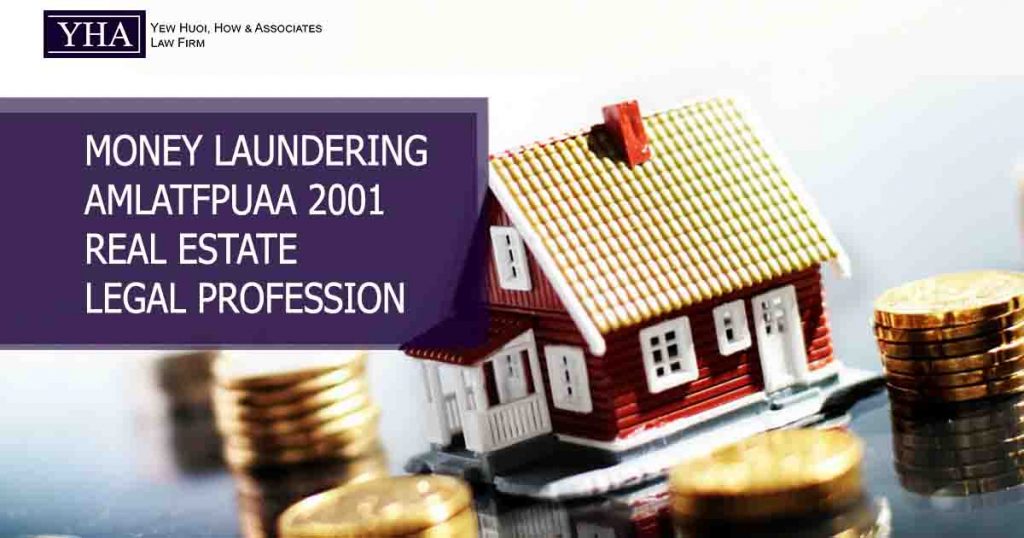What is Money Laundering?
- A process where criminals convert cash or property derived from unlawful activities.
Definition of Money Laundering
Section 4(1) of Anti-Money Laundering, Anti-Terrorism Financing and Proceeds of Unlawful Activities Act 2001 (“AMLATFPUAA 2001”) provides that any person who:
- Engages, directly or indirectly, in a transaction that involves proceeds of an unlawful activity;
- Acquires, receives, possesses, disguises, transfers, converts, exchanges, carries, disposes of or uses proceeds of an unlawful activity;
- Removes from or brings into Malaysia, proceeds of an unlawful activity;
- Conceals, disguises or impedes the establishment of the true nature, origin, location, movement, disposition, title of, rights with respect to, or ownership of, proceeds of an unlawful activity.
How does Money Laundering works?
Money laundering commonly involves three (3) steps hide their illegal proceeds:
- Placement: Placing money derived from illegal activity into a legal financial institution;
- Layering: Concealing the source of the money through multiple transactions; and
- Integration: Completes the money laundering process where converted funds are back into the financial world as legitimate proceeds.
What is the consequence if a person commits money laundering? Pursuant to Section 4 of the AMLATFPUAA 2001, any person who commits a money laundering offence, shall on conviction be liable to imprisonment for a term not exceeding fifteen (15) years and shall also be liable to a fine of not less than five (5) times the sum or value of the proceeds of an unlawful activity or instrumentalities of an offence at the time the offence was committed or five million ringgit (RM5,000,000), whichever is the higher.
How does money laundering affect the legal profession in the real estate practice area?
- Lawyers are obliged under Part IV of the AMLATFPUAA 2001 to report any suspicious transaction under Section 14 of the AMLATFPUAA 2001.

